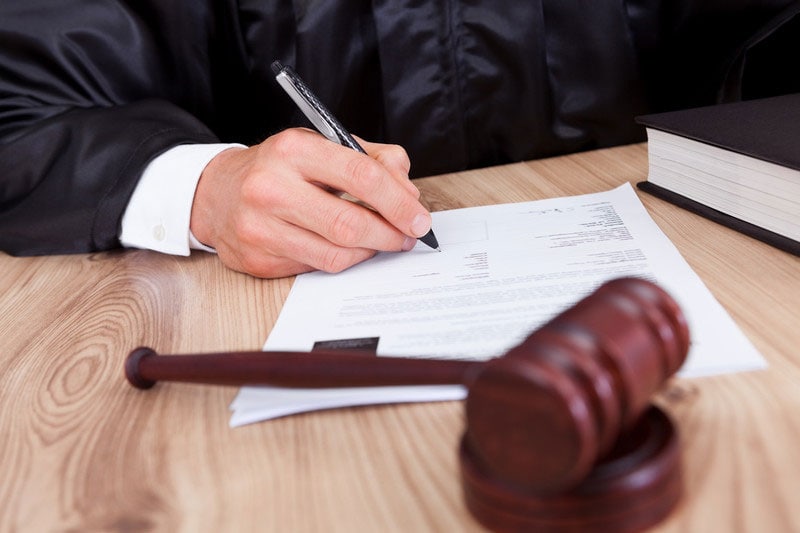Personal injury cases are complicated and may take time to settle. Medical record retrieval and medical chart review are essential requirements to produce the evidence of injury or illness. Those cases that don’t settle before trial are decided in the state trial courts, where a jury may pronounce a verdict for the injured plaintiff that fairly compensates for injuries caused by the negligence of the defendant. On the other hand, sometimes the defendant may convince the court to dismiss the plaintiff’s case before a jury even gets to see it. In cases going for trial, the jury verdict or judge’s order may be in favor of either the plaintiff or the defendant. The party appealing against the verdict becomes the appellant and the appellate process starts when their attorney files a notice of appeal.
Whether the appeal concerns a judge’s order or a final judgment of the jury, the appeals court reviews the court proceedings for any errors of law. In the appeals court finds an error that contributed to the trial court’s decision, the former will reverse that decision. Both plaintiff and defendant attorneys submit briefs to the court and they may be granted oral argument.
- Opportunity for further appeals are limited once the appeals court has made its decision.
- An appeal process does not involve a jury; the lawyers do not present witnesses or other forms of evidence.
- The appeals court will accept the facts as they were revealed in the trial court, provided no factual findings are against the evidence.
- An appeal is heard by several judges at once and the number of judges depends on the jurisdiction.
- While at the initial appeals court level, courts may have three to a few dozen judges, on the larger courts the full number of judges seldom hear claims together. Appeals are typically heard by panels comprising three judges. The full court may decide to grant a motion for rehearing wherein all the judges on the appeals court hear the case together and issue a new decision.
The appeals process can be tedious and time-consuming, and it may take up to two or three years to get a ruling. This ruling can:
- Affirm the lower court’s decision
- Reverse the lower court’s decision
- Send the case back for further proceedings
It is important for injured plaintiffs to know that their personal injury award may be reduced or even overturned at the appellate court level. It is always possible for the appellate court to decide that causation has not been established between the appellant’s (defendant’s) breach and the plaintiff’s injuries. For instance, in a case involving liability of an employer, liability will only attach for a breach of duty in circumstances where it is found to have caused the incident. Thus, there is a chance for both plaintiffs and defendants to have the decision of the trial court overturned by the appeals court.
The higher court that considers the appeal will be looking for an “abuse of discretion.” Typically, the higher court gives credit to the judgment of the lower court because they believe that the lower court is the best position to determine the reliability of witnesses and make other decisions about whether the jury can consider particular pieces of evidence. The higher court considers whether the error has made a difference in the outcome of the case. In other words, if the court had made a different decision on the issue in question, it must have been so significant that the jury would have reached a different conclusion.
When to Appeal
- An appeal is justified if there has been some error with gathering, using, or accepting important evidence.
- If the judge has given wrong instructions to the jury and they bring back a verdict based on those wrong instructions.
- With regard to a defendant, if the verdict awarded by the jury is quite large and virtually impossible for the defendant to pay, an appeal is justified. In this case, the defendant can file a motion for relief of judgment and appeal the case. Though this may not reverse the court’s findings, it will reduce the amount of money owned to a more realistic and legally reasonable amount.
An appeal may have different results. The court may decide to uphold the trial court’s verdict or vacate the same. In the latter case, they may send the case back for a new trial. In other cases, the court might change only the compensation awarded.
Appeals are typically rare in personal injury cases mainly due to the high standard of proof such as medical evidence obtained via a comprehensive medical records review, to demonstrate that the lower court made an error. In any case, the advice of a personal injury or appellate attorney is most important when considering filing an appeal. An attorney can tell you whether it is worthwhile to appeal and whether there is any chance of the case being reversed.




